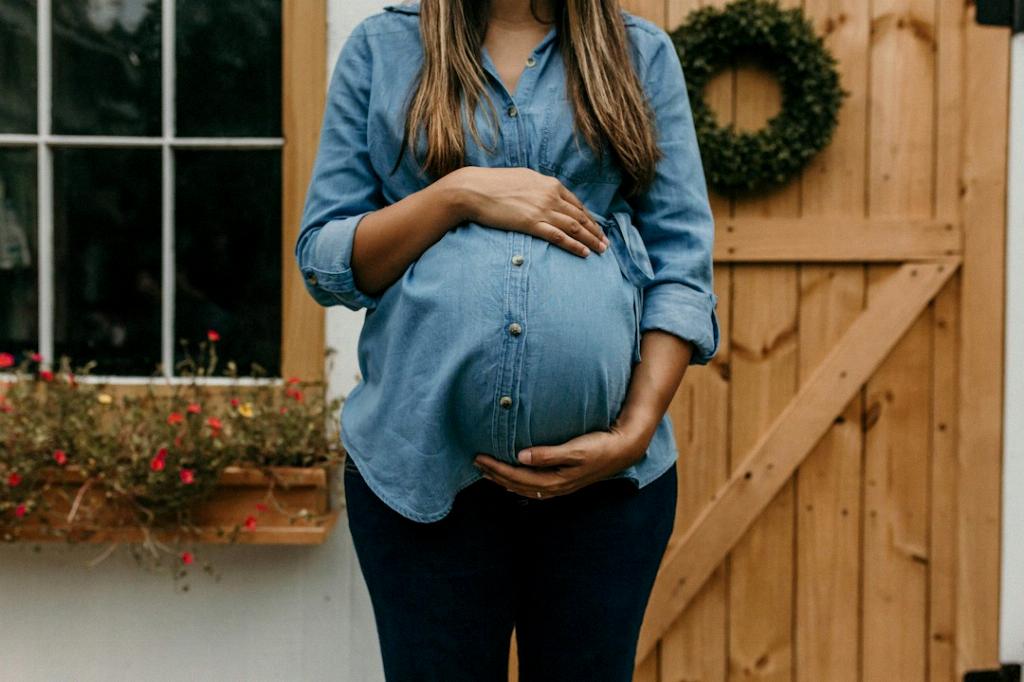Feeling your baby move for the first time is a magical moment for many expectant mothers. The sensation of your baby’s movements can vary throughout your pregnancy, from subtle flutters to more pronounced kicks and punches. But can baby moving feel like stomach growling? Let’s delve into this question to shed some light on the experience.
What Do Baby Movements Feel Like?
During the early stages of pregnancy, baby movements may feel similar to butterflies fluttering in your stomach. This sensation, known as quickening, is typically felt between weeks 18 and 20. As your pregnancy progresses, you may start to feel more distinct movements, including kicks, punches, and even hiccups!
Resemblance to Stomach Growling
It’s not uncommon for some women to describe the early movements of their baby as feeling like stomach growling. This comparison may stem from the gentle, fluttering sensation that quickening often brings. The movements can sometimes be subtle and rhythmic, akin to the gurgling sounds of a hungry stomach.
Changes in Sensations
As your pregnancy progresses, the sensations of your baby’s movements are likely to evolve. What initially felt like stomach growling may transform into more pronounced kicks and rolls as your baby grows stronger and more active. These movements can vary in intensity and frequency, providing a unique experience for each mother.
Listening to Your Body
It’s essential to pay attention to your body and the sensations you experience during pregnancy. While baby movements can sometimes feel like stomach growling, it’s crucial to tune into the patterns and movements unique to your baby. If you notice any changes in movement or have concerns about your baby’s activity, don’t hesitate to contact your healthcare provider.
Connecting with Your Baby
Feeling your baby move is a beautiful way to bond with your little one before birth. Whether it’s subtle flutters or more pronounced kicks, these movements signify your baby’s growth and development inside the womb. Take time to cherish these moments and establish a connection with your growing baby.
Monitoring Baby Movements
Many healthcare providers recommend tracking your baby’s movements once they become more regular. This can help you monitor your baby’s well-being and ensure that they are active and healthy. By noting patterns and changes in movement, you can stay attuned to your baby’s activity levels.
Seeking Support and Guidance
If you have any concerns about your baby’s movements or if you notice a decrease in activity, reach out to your healthcare provider promptly. Changes in movement patterns could signal a need for further evaluation to ensure the well-being of both you and your baby.
Embracing the Journey
Pregnancy is a remarkable journey filled with unique experiences and sensations. Embrace the changes in your body and the connections you form with your baby along the way. Celebrate each movement, whether it feels like stomach growling or energetic kicks, as a precious reminder of the life growing inside you.
Conclusion
In conclusion, baby movements during pregnancy can indeed feel like stomach growling, especially during the early stages when quickening occurs. As your pregnancy progresses, these movements may evolve into more distinct kicks and rolls, creating a one-of-a-kind bonding experience between you and your baby. Stay attuned to your body, monitor your baby’s movements, and seek support if needed to ensure a healthy and joyful pregnancy journey.

